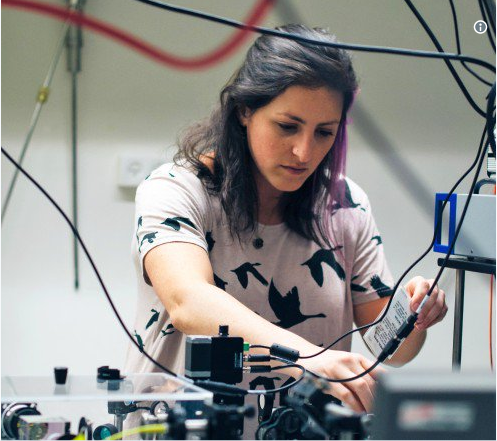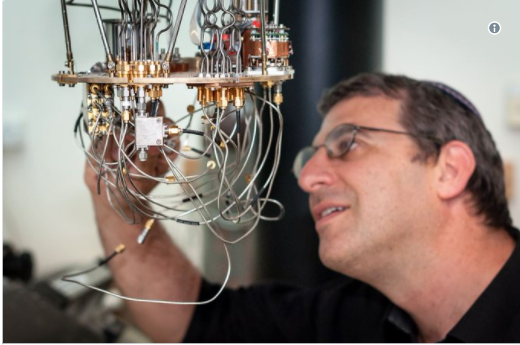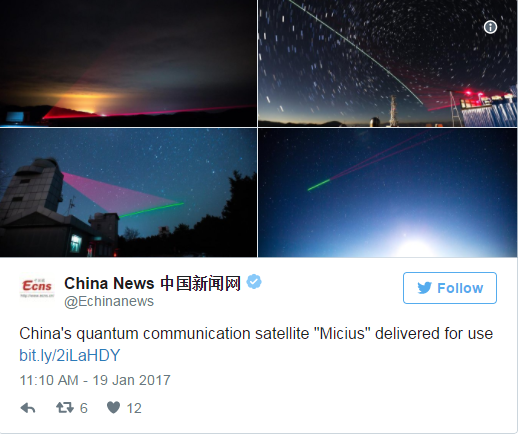Israel enters Quantum computer race, placing encryption at ever-greater risk
The University says the US$2.13 million system, to be developed at its Quantum Information Science Center laboratory, will use single photons as the communications medium — quantum bits make it possible to perform calculations in new ways that are not possible in current communications systems or even supercomputers.
 |
Professor Nadav Katz, Director of the Quantum Information Science Center, said the project would position Israel in the "leading edge" of research toward ultimately secured communication systems. While a fresh tender, the center was originally founded in 2013, and recruited an interdisciplinary team of over 20 researchers from physics, computer science, mathematics, chemistry, philosophy and engineering to its ranks.
 |
However, the privacy conscious and techies alike may be disappointed in the project's objectives — rather than focusing on protecting individual data, the system will instead be designed to beef up the government's quantum communications capabilities, and give Israeli officials the ability to protect themselves against hackers and other potentially malicious forces.
 |

